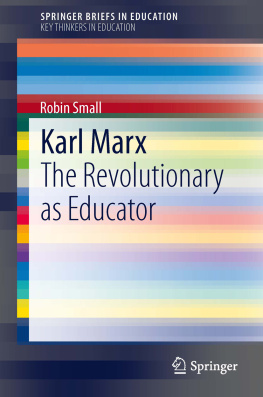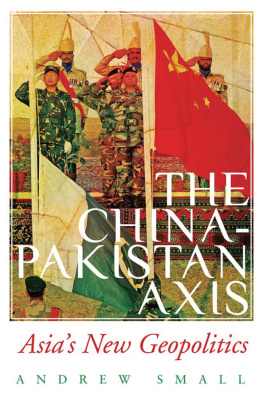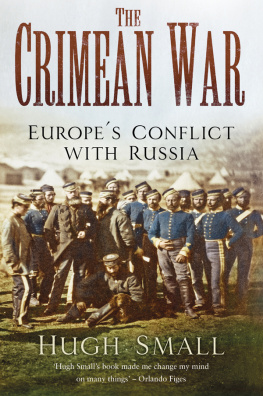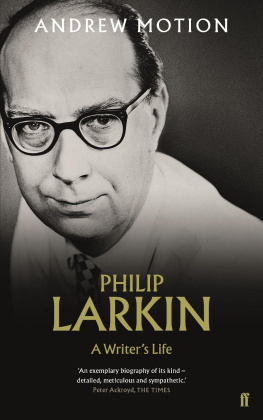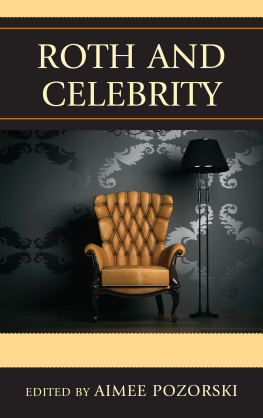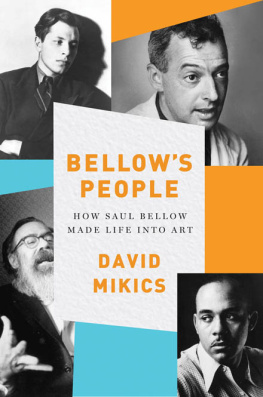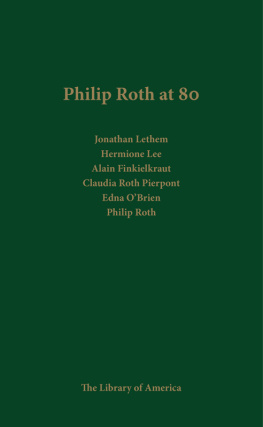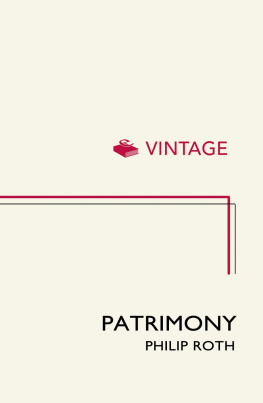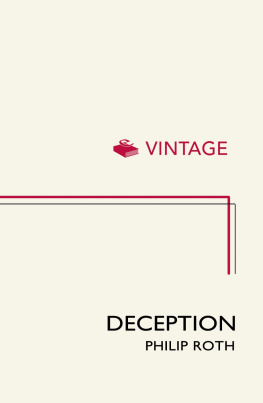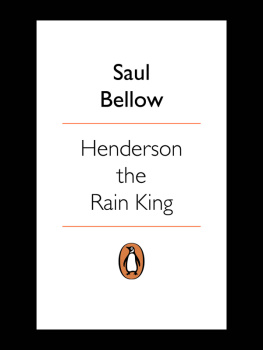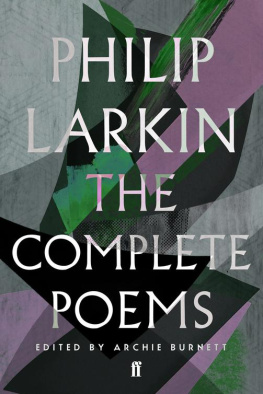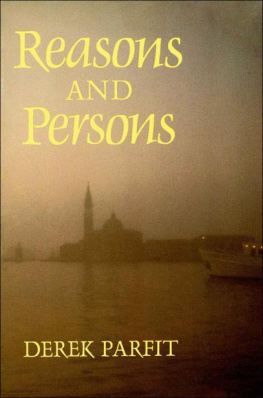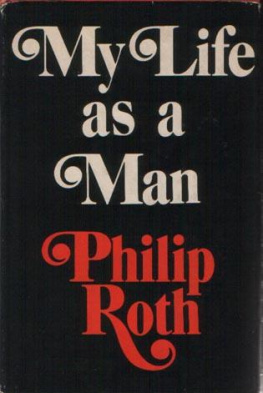THE LONG LIFE
THE LONG LIFE
HELEN SMALL


Great Clarendon Street, Oxford OX2 6DP
Oxford University Press is a department of the University of Oxford.
It furthers the Universitys objective of excellence in research, scholarship,
and education by publishing worldwide in
Oxford New York
Auckland Cape Town Dar es Salaam Hong Kong Karachi
Kuala Lumpur Madrid Melbourne Mexico City Nairobi
New Delhi Shanghai Taipei Toronto
With offices in
Argentina Austria Brazil Chile Czech Republic France Greece
Guatemala Hungary Italy Japan Poland Portugal Singapore
South Korea Switzerland Thailand Turkey Ukraine Vietnam
Oxford is a registered trade mark of Oxford University Press
in the UK and in certain other countries
Published in the United States
by Oxford University Press Inc., New York
Helen Small, 2007
The moral rights of the author have been asserted
Database right Oxford University Press (maker)
First published 2007
First published in paperback 2010
All rights reserved. No part of this publication may be reproduced,
stored in a retrieval system, or transmitted, in any form or by any means,
without the prior permission in writing of Oxford University Press,
or as expressly permitted by law, or under terms agreed with the appropriate
reprographics rights organization. Enquiries concerning reproduction
outside the scope of the above should be sent to the Rights Department,
Oxford University Press, at the address above
You must not circulate this book in any other binding or cover
and you must impose the same condition on any acquirer
British Library Cataloguing in Publication Data
Data available
Library of Congress Cataloging in Publication Data
Data available
Typeset by SPI Publisher Services, Pondicherry, India
Digitally printed and bound in Great Britain by
CPI Antony Rowe, Chippenham and Eastbourne
ISBN 9780199229932 (Hbk.)
ISBN 9780199592562 (Pbk.)
In memory of Sheila Stern
Preface
The Long Life is an examination of old age in Western philosophy and literature. It explores the implications for old age of certain ways of thinking about what it is to be a person, to have a life, to have (or lead) a good life, to be part of a just society. It also investigates the largely hidden role that ideas about old age have played in thinking on these questions and others to which its relevance is less immediately obviousincluding thinking about thinking itself.
Given such a broad remit, it is necessary to say what the book is not. Despite the impression that may be given by ordering the chapters quasi-chronologically from Plato to contemporary evolutionary theory, and (more circuitously) Shakespeare to contemporary fiction, The Long Life is not a history of philosophical or literary thinking about old age. It addresses a series of distinct questions about old ages place within different kinds of thinking about lives and persons. Each of the chapters begins from a philosophical perspectivePlatonic epistemology, Aristotelian and neo-Aristotelian virtue ethics, narrative theories of lives, rational arguments about life-planning and distributive justice, Parfits Reductionist View of persons, one (far from standard) account of metaphysics, and recent scientific theories of evolved senescencethen extends or challenges the arguments through a consideration of literary texts (Death in Venice, King Lear, Le Pre Goriot, The Old Curiosity Shop, Endgame, poems by Philip Larkin and Stevie Smith, more recent novels by Saul Bellow, Philip Roth, J. M. Coetzee, Margaret Drabble, Michael Ignatieff). I have not attempted to explain what happened to the Platonic view of old age after Plato, or how some literary representations of old age (Shakespeares and Manns particularly) have struck deeper roots than others in Western culture.
The book I initially envisaged would have made reference to a much wider range of literary texts, but it gradually became apparent that detailed exploration of ideas necessitated focusing on a small group of (in the main) well-known works. I have tried to avoid the dictionary-of-quotations prose that writing about old age often attracts: a style that seeks to demonstrate the richness of the subject, and the pervasiveness of some intuitions and dispositions towards it, by marshalling as many voices as possible. The casualty of that decision is that some philosophical texts and a great many more novels, plays, and poems have not found room here. Montaigne and Bacon and Schopenhauer are not treated in any detail; neither are Sophocles, Yeats, Woolf, Dylan Thomas, or (to mention just one contemporary writer) Jane Smiley. A more extensive focus on poetic writing and its complexities of prosody and voice would have produced a better literary book, but it would also, I think, have produced a book less accessible to readers whose interest in the subject lies beyond literary criticismincluding, perhaps, most philosophers.
Other writers may want to take the questions raised here into theology and the history of religion, fields I have treated (somewhat artificially) as separate from philosophy. , has a clear connection to public policy, but I have deliberately kept the arguments for the most part general. Of course, writing a book about longevity may in and of itself be seen as an attempt to give old age more importance in our sociological thinking. That was not, or not quite, my intention. Much recent sociology and political writing about the greying of society asks old age to do more than its fair share of the explanatory work about our collective prospects. How we respond as societies to the growing numbers of people living to be old is now regularly said to be key to the future economic prosperity of developed and developing nations and their capacity to deliver social justice. Like others before me, I see this as a misplacing of the problem. Rather than isolate the old as the difficulty, we need to think in terms of (for example) the deeper causes of a gross disparity in national life expectancies around the world; rather than thinking about the burden of retirees, we should think more broadly about the wider nature and purpose of work.
It is conventional if not quite mandatory for those who write about old age to state their own age. I am doubtful of the value of doing so if it is taken as establishing ones right to talk about the subject. A basic assumption of this book is that we all of us have an interest in old age, and that the intensity of our interest is not just, and not simply, related to how long we have lived. But, given that much of what I say here has to do with questions of subjectivity, of self-interest, or what it means to be a person, and what it means to live through time, I will follow the convention and disclose that I wrote The Long Life between the ages of 34 and 42.
I am indebted to many friends and colleagues, but most of all to the four people who read the complete manuscript and commented in detail (more than once): Stefan Collini, John Kerrigan, Bruce Robbins, and Peter Wright. Also to George Levine, Teresa Mangum, and one anonymous reader for the press. They have saved me from errors, and often prompted me to rethink. My undisclosed philosophical reader was especially helpful. To John Kerrigan I owe a particular debt for encouraging my interest in the topic at the very beginning. I am also grateful to Malcolm Schofield for his exacting attention to the Plato and Aristotle sections; to Amlie Rorty, who read the Aristotle section and helped me to see several of the questions in the book more clearly; also to Jeffrey Wainwright who was an acute respondent on Aristotle and
Next page

